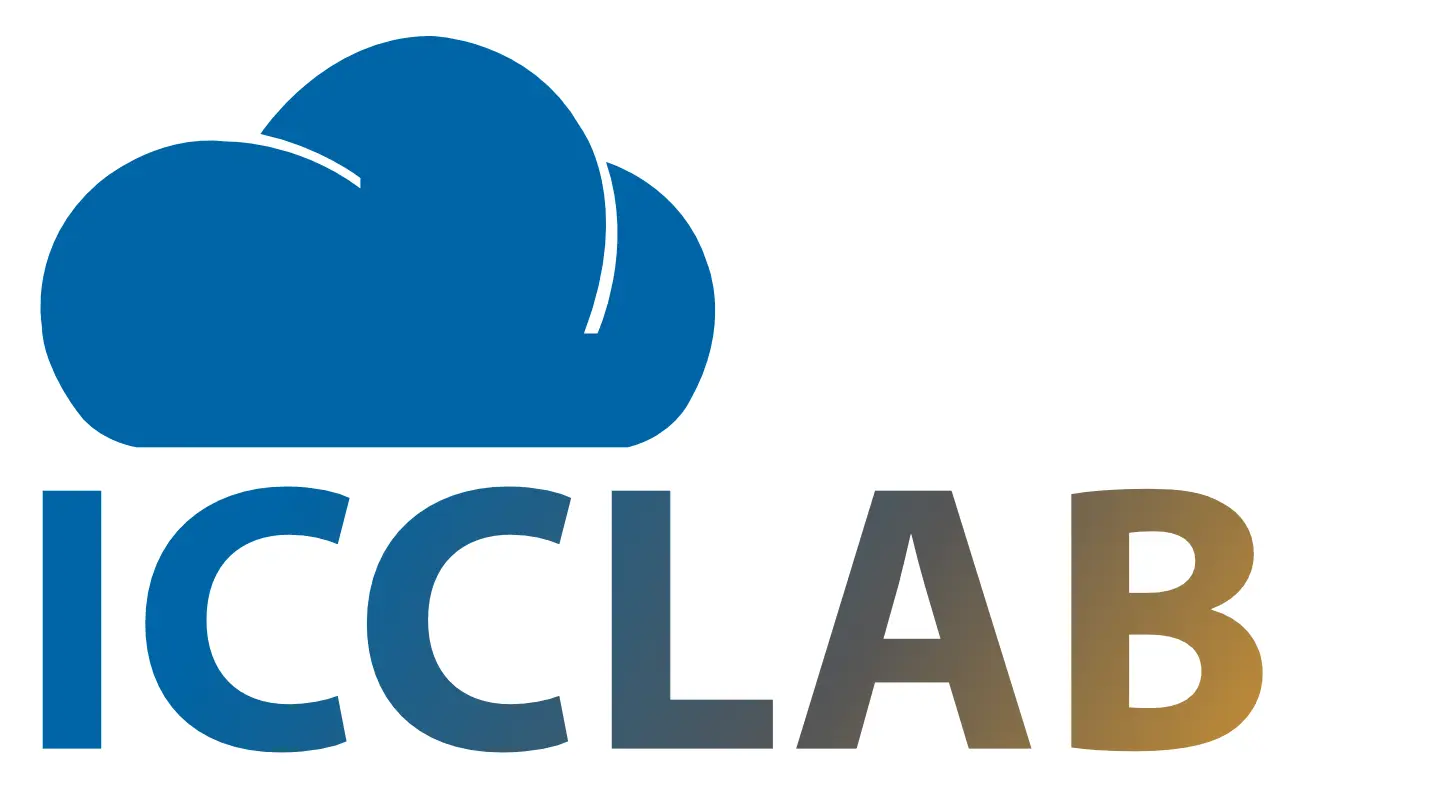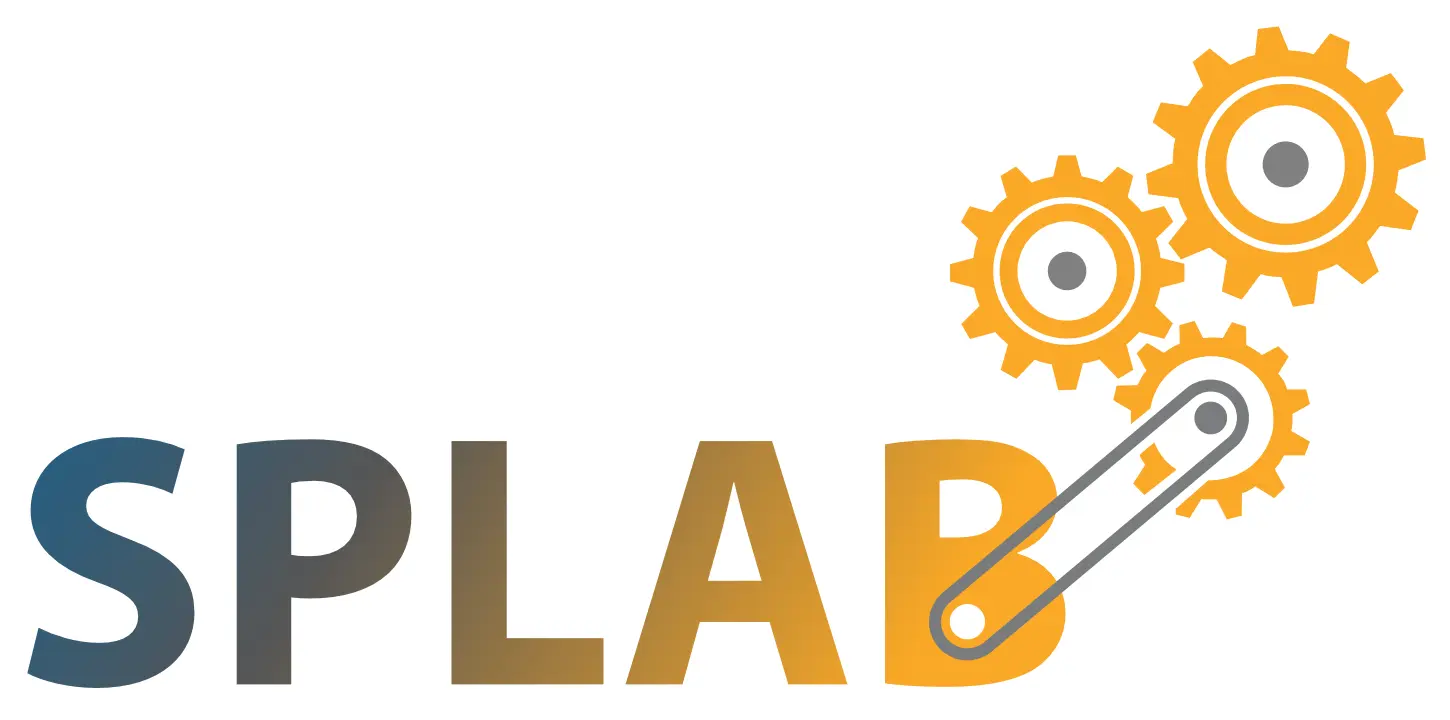Distributed Systems
We Make Services Valuable
The Distributed Systems (DSY) research group of the InIT focuses on scalable and reliable implementation of sophisticated IT-based services. We address questions such as:
- What architecture best suits your specific cloud application?
- Which service model (IaaS, CaaS, PaaS, FaaS, ...) ensures optimal implementation of an application?
- Which tools are needed for development, operation and monitoring of the services?
- How to offer applications "as a service" (SaaS)?
- How to monetize modern IT services?
- How to integrate the "physical world" into complex IT services?
The research group is engaged in international projects within the EU research framework and works closely with partners from the private sector on innovative products within Innosuisse funded or directly financed projects.
The knowledge gained from applied research and development is transferred to students of computer science courses in the following modules:
Cloud Computing

The Init Cloud Computing Lab (ICCLAB) is dedicated to the automated deployment, operation and usage of configurable, highly scalable and resilient IT resources on a pay-per-use basis. In addition to infrastructure virtualization, this includes platform services for automated application delivery, scalable back-end, and monitoring of services and applications.
Service Prototyping

The Service Prototyping Lab (SPLAB) addresses the implementation and validation of complex services in cloud or post-cloud environments. In addition to the migration of existing services to the cloud, the main focus is on modern application architectures (Cloud Native Applications, Microservices, Serverless), the provisioning of tools for optimal implementation, the experimental validation of concepts and their monetization (Cloud Accounting and Billing).
Cloud Robotics
The Init Cloud Comupting Lab (ICCLAB) also addresses the integration of robotic applications into complex networked services. The usage of elastic cloud services allows to extend the capabilities of robots (computing power, context information, artificial intelligence, ...) as well as to manage and coordinate them. Programming frameworks and automation services enable developers to integrate robots into services without having in-depth knowledge at device level.
Unfortunately, no list of projects can be displayed here at the moment. Until the list is available again, the project search on the ZHAW homepage can be used.
-
Alexandru, Carol V.; Merchante, José J.; Panichella, Sebastiano; Proksch, Sebastian; Gall, Harald C.; Robles, Gregorio,
2018.
On the usage of pythonic idioms [paper].
In:
Onward! 2018 : Proceedings of the 2018 ACM SIGPLAN International Symposium on New Ideas, New Paradigms, and Reflections on Programming and Software.
Onward! 2018, Boston, USA, 4-9 November 2018.
New York:
Association for Computing Machinery.
pp. 1-11.
Available from: https://doi.org/10.1145/3276954.3276960
-
Spillner, Josef; Sill, Alan,
2018.
Reengineering cloud data centers.
IEEE Cloud Computing.
5(6), pp. 26-27.
Available from: https://doi.org/10.1109/MCC.2018.064181117
-
Harsh, Piyush; Dorodko, Serhii; Spillner, Josef; Ramirez Lopez, Manuel; Perez Belmonte, Manuel; Serhiienko, Oleksii; Skoviera, Martin,
2017.
Service Prototyping Lab Report - 2017 (Y2).
Lab Reports
; 2.
Winterthur:
ZHAW Zürcher Hochschule für Angewandte Wissenschaften.
Available from: https://doi.org/10.21256/zhaw-3708
-
Toffetti Carughi, Giovanni; Brunner, Sandro; Blöchlinger, Martin; Spillner, Josef; Bohnert, Thomas Michael,
2017.
Self-managing cloud-native applications : design, implementation and experience.
Future Generation Computer Systems.
72, pp. 165-179.
Available from: https://doi.org/10.1016/j.future.2016.09.002
-
Spillner, Josef; Stefan, Köpsell; Vumo, Ambrósio Patrício,
2017.
Analysis of Mozambican websites : how do they protect their users? [paper].
In:
2017 Information Security for South Africa (ISSA 2017).
16th International Information Security South Africa Conference (ISSA), Johannesburg, 16-17 August 2017.
IEEE.
pp. 90-97.
Available from: https://doi.org/10.1109/ISSA.2017.8251780
